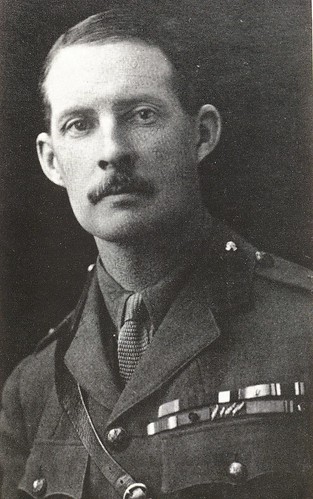Easter Eve yours truly went to see the play The Audience at the Gielgud Theatre in London. If you don't mind spoilers, please continue reading.
It was indeed a fascinating experience to watch this play.
The play consists of a number of audiences Her Britannic Majesty hosts for her British Prime Ministers. As the real audiences that have taken place are all strictly confidential, the audiences in the play are all intelligent speculation on what might have been said in real life.
Although the audiences are the centerpiece and bulk of the play, there are a few other elements. There are three actresses playing younger versions of Her Britannic Majesty. There is a scene with Princess Elizabeth's speech in South Africa on the occasion of her 21 st birthday. There is talk of praying that the King and Queen have a boy.
But even without these other elements, The Audience is about much more than just these individual audiences. At a couple of occasions the Prime Minister is met with fierce opposition from the Sovereign, but when the Prime Minister asks the Queen whether she supports the Prime Minister, the answer is always that the Prime Minister will always have her support.
The audiences in the play come in a non-chronological, but the chronologically first audience – in real life – was with Winston Churchill. Churchill wants the audience to be with the Sovereign seated and the Prime Minister, just as Queen Victoria sat at Privy Council and the advisors standing. It ends with him sitting.
Moreover, Churchill gives clear instructions on how the audience is to be conducted, after all he is the one who has experience as Prime Minister from the reign of George VI. The Prime Minister is to talk, and Her Majesty is to listen. The Queen then gives a statement of frustration on her diminished role.
The scene brings thoughts to many incidents in British and European history. When George V ascended the throne, he was pressured into accepting Parliament Act 1911 in a way Edward VII refused. Edward VII's son-in-law Haakon VII of Norway came to the throne in 1905 after Norway had decided to retain the monarchy. Behind the scene there was a fight for power between the monarch and the politicos. The monarch lost on several points, and he is known to have said about his handkerchief that it was something he was allowed to poke his nose in. It is also said about the Emperor Charles of Austria that some of those behind the coup against him would not have dared depose the old Emperor Francis Joseph. Also, when the Swedes emasculated their King in the 1970s, they waited for Carl XVI Gustaf to ascend the throne.
There can probably be found even more examples of politicos securing their power when a new monarch is on the throne. Although this is not the only time emasculation of the monarch happens, it is a vulnerable phase of a reign, and this is why this scene with the reign's first Prime Minister with his instructions is so particularly relevant for history of monarchy, not only in Britain and the Commonwealth but all over the world. It gives us a reminder to keep a watch when a new monarch comes to the throne.
Churchill also has a discussion with Her Majesty on the name of the royal house, considering the tradition that it is the man's surname that gets passed on. With another pre-Thatcher Prime Minister Her Majesty has a conversation on “reforming” the House of Lords, Her Majesty communicating her disapproval of a weakening of the hereditary principle. The play could certainly do with a short intellectual argument for hereditary elements in the constitutional system instead of just a simple, non-argued statement in its support.
This play is a wonderful example of how one can take a concrete concept – in this case the weekly audiences with the Prime Minister – and make it about so much more; about events at a particular time, political philosophy, roles of constitutional institutions, etc.
The play runs live in London until mid-June. It will be screened in movie theaters around the world.
Cross-posted at The Monarchist.






No comments:
Post a Comment